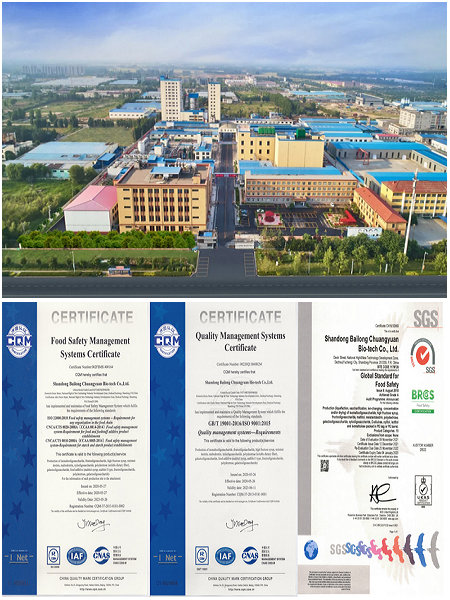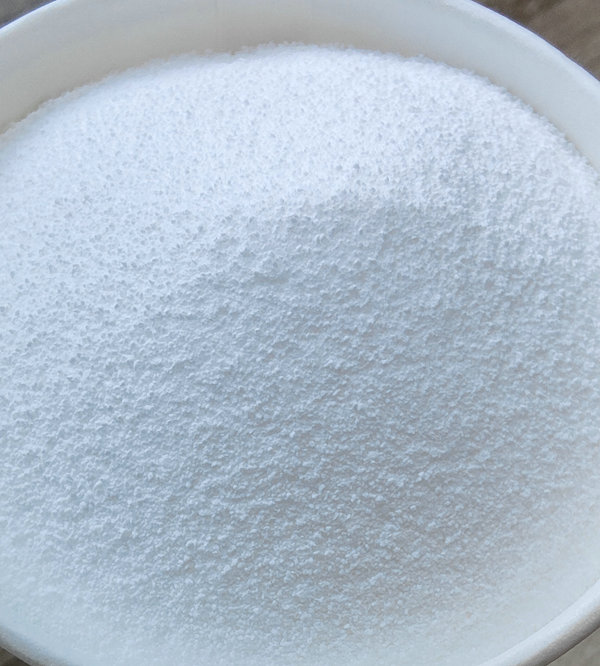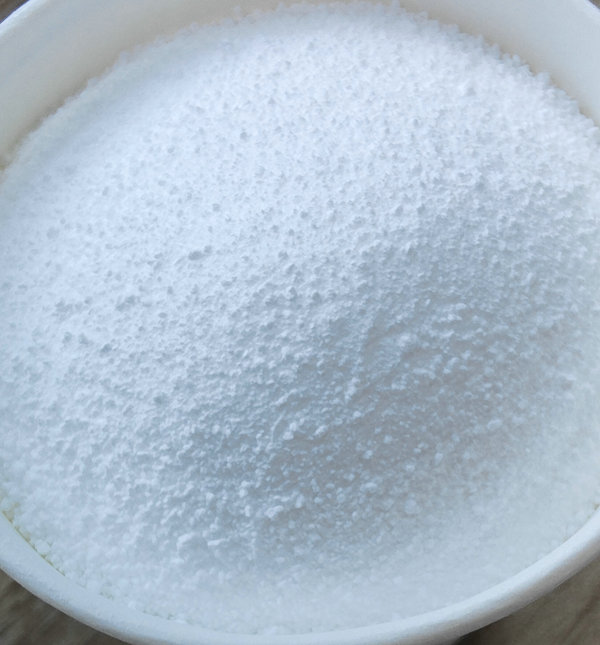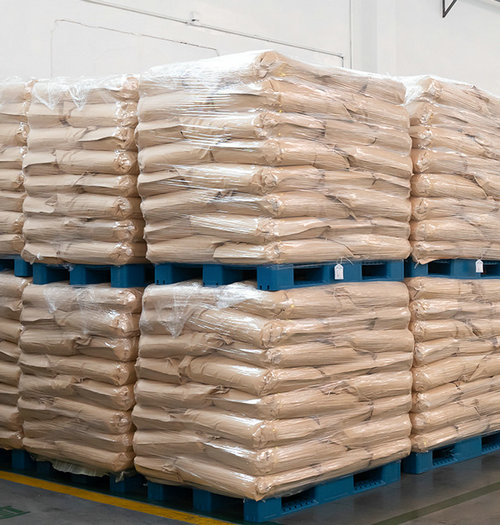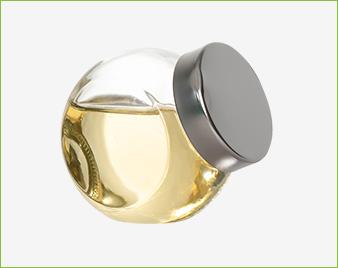Sorbitol food grade powder / particles / Granule
Sorbitol is white hygroscopic powder or crystalline powder, flake or particle, odorless. It is easily soluble in water (1g is dissolved in about 0.45ml water), has a cool sweet taste, is about half as sweet as sucrose, and has a calorific value similar to that of sucrose. It is a nutritional sweetener, wetting agent, chelating agent and stabilizer, which is widely used in food production.
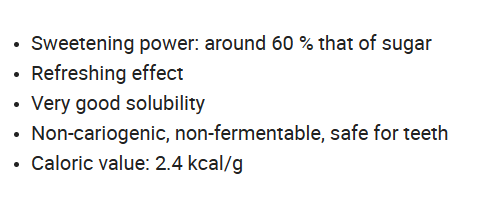
Sorbitol is a new sweetener made from glucose. It is a colorless, odorless, clarified and sweet. Thick liquid or white crystalline powder, with excellent preservation, color retention, moisture retention, which could be widely used in food, medicine, chemical industry and other industries



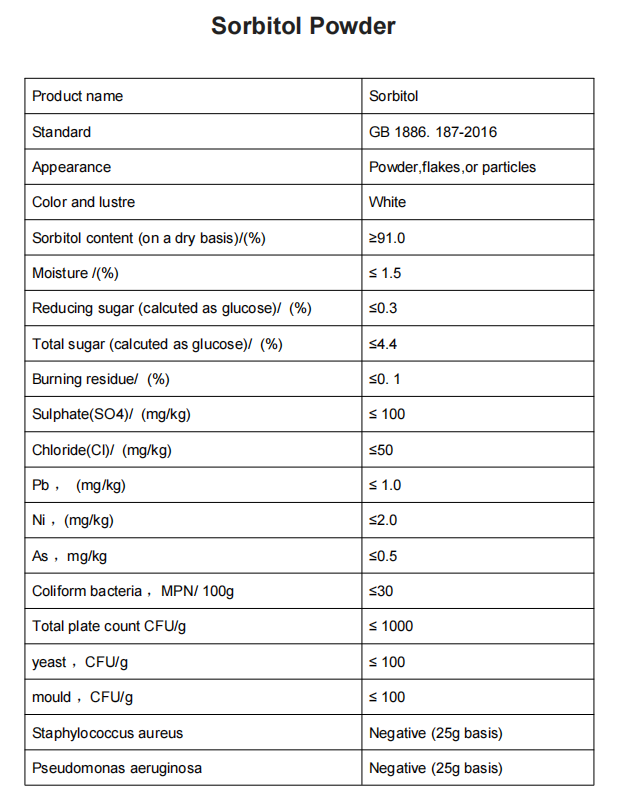
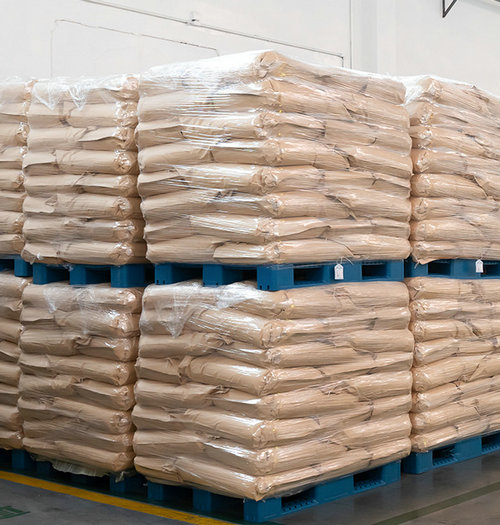
Application
Sweetener
Sorbitol is a sugar substitute, and when used in food it has the INS number and E number 420. Sorbitol is about 60% as sweet as sucrose (table sugar).
Sorbitol is referred to as a nutritive sweetener because it provides dietary energy. It is often used in diet foods (including diet drinks and ice cream), mints, cough syrups, and sugar-free chewing gum. Most bacteria are unable to use sorbitol for energy, but it can be slowly fermented in the mouth by streptococcus mutans, a species of bacteria that cause tooth decay unlike many other sugar alcohols such as isomalt and xylitol, which are considered to be non-acidogenic.
It also occurs naturally in many stone fruits and berries from trees of the genus Sorbus.
Health Care, Food, and Cosmetic Uses
Sorbitol often is used in modern cosmetics as a humectant and thickener. It is also used in mouthwash and toothpaste. Some transparent gels can be made only with sorbitol, because of its high refractive index.
Beyond its use as a sugar substitute in reduced-sugar foods, Sorbitol is also used as a humectant in cookies and low-moisture foods like peanut butter and fruit preserves. In baking, it is also valuable because it acts as a plasticizer, and slows down the staling process.
Medical Applications
Sorbitol is also used in the manufacture of softgel capsules to store single doses of liquid medicines.
A treatment for hyperkalaemia (elevated blood potassium) uses sorbitol and the ion-exchange resin sodium polystyrene sulfonate.

Our Factory:
